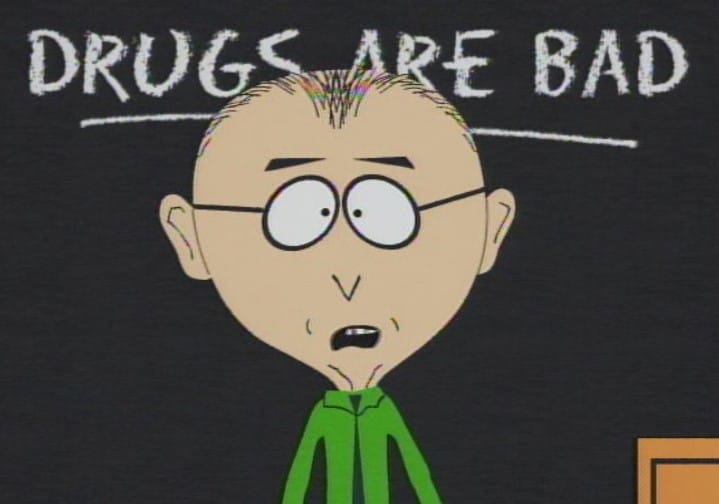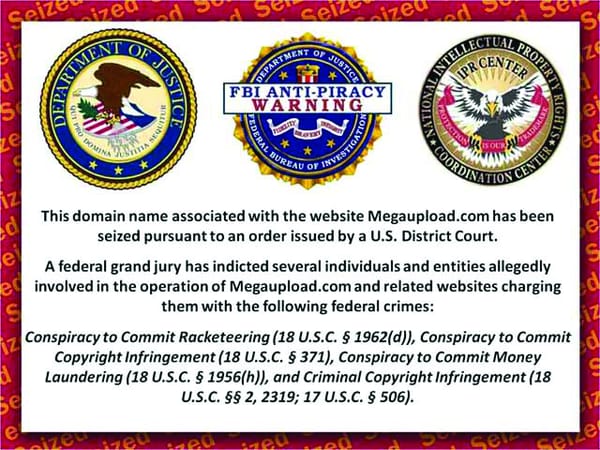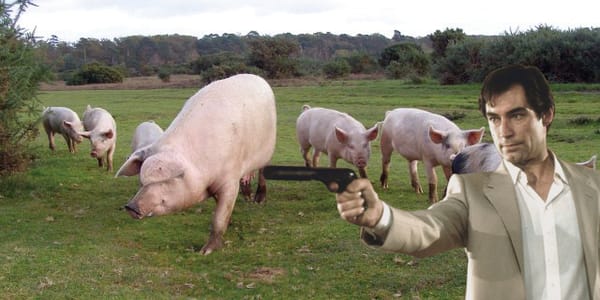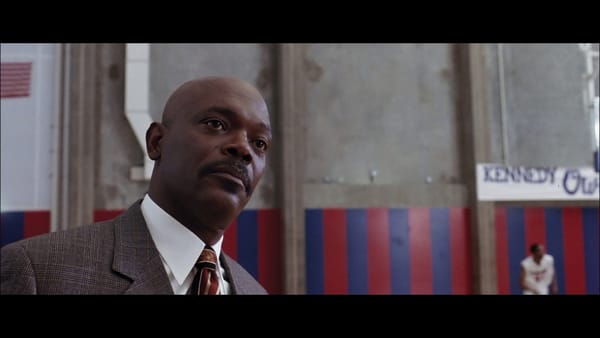A possible high society
Rhys Davies takes a controversial standpoint, but one that he thinks makes sense

Please do not read the following if you do not like controversial material.
The debate over the legalisation of drugs has wittered on for as long as we’ve had drugs, or at least laws about them. Those of you who think that drugs are dangerous for the public at large will probably give good arguments for the criminalisation of their use, possession and trade. Likewise, those of you who regard drugs as a matter of personal choice beyond the remit of the government or police can probably offer equally valid counter-arguments.
I, myself, think the most sensible option would be to legalise all drugs. Prohibition of anything has never really worked. The greatest historical example of this folly comes from the eponymous era in the USA, especially in Chicago. All prohibition did was drive money and power into the hands of mobsters, both of which they have been reluctant to relinquish ever since.
Instead of simply legalising drugs such as heroin and cocaine and leaving the population to their own devices, we should provide a reputable market for their sale. So much of the danger of illicit drugs is in the mystery of whatever they’ve been cut with, and the lengths people go to acquire them. An above-board market would bring with it standards in formulation, dose, and purity and would leech significant control away from career criminals (and I don’t mean City of London bankers). After all, who can compete with Tesco’s prices?
However, even I’m not optimistic enough to think that Fair Trade cocaine will significantly improve the lives and working conditions of its producers in Bolivia – well, maybe I am. Such a radical change in criminal and supermarket forces would be near-impossible to organise, and the gangsters won’t like it. Neither will the Daily Mail, I’m sure. There would of course have to be checks. It should still be illegal to sell these drugs to anyone under 18, or 21, say, and using in a public place would be forbidden, excluding properties, clubs and the like, with a certain license. What people do in the privacy of their own homes, however, should be their own business, within reason.
As with the nature of this debate, I don’t expect this proposal to be universally lauded but I do believe it makes sense. Decriminalisation will free up the police to pursue other crime and a legal market would bring with it taxation and revenue. Ka-ching. The idea that legalisation will turn us all into crackasmackheads (my own term) doesn’t really hold water. Alcohol and nicotine are both perfectly legal and yet we don’t all go around boozing and puffing. Other drugs are dangerous, true, but these are no exception. I’ve seen enough patients on the wards that have gone bright yellow and can’t catch a single breath.
As with the nature of this debate, I don’t expect this proposal to be universally lauded but I do believe it makes sense
This is just the start though.
In the 21st century, we should be able to be the complete masters of our own reality. Some people have escaped the drudgery of this heaven and earth for one of their own design in Second Life on the internet. Using drugs, from alcohol to LSD, is but one way to abscond this reality, if only for a time. Others choose to augment their appearance through tattoos, piercings or stonking great breast implants. All this is fine but it doesn’t go far enough.
The one aspect of our lives that is beyond our tangible control is how long it lasts. Until that time comes, we should express ourselves to the full extent of our desire and capacity. I want to walk down the street and see a guy with a horn in the middle of his forehead. I want to fall asleep in the radiant arms of my girlfriend who glows in the dark. I don’t particularly want to see people wandering around with cat ears or a tail but that’s a matter of personal taste. What really matters is what you want to do, what you want to look like, what you want to be.
We have the technology to make all this possible. Reconstruction surgeons must be itching to do something other than treat burns victims and insecure Harley Street patrons. Jellyfish and other fantastic oddballs of DNA have the genes that enable us to some really weird stuff. Luminescence is simply page one material.
We should also have access to normally medicinal drugs to modulate and alter our bodily function. Nearly every drug has its own niche side-effect. If Big Pharma knew there was a market for it on the other end, they wouldn’t have a problem emphasising this otherwise small print. Personally, I would take rifampicin daily to turn my urine bright orange. How great would that be!
For more than a decade, we have been able to become whoever we want on the internet. Allowing real life to become dull and restrictive by comparison is the real crime at the centre of the drugs debate. You may scoff at my far-reaching proposals but I believe they have some merit. It would certainly brighten up the journey into college each morning!









